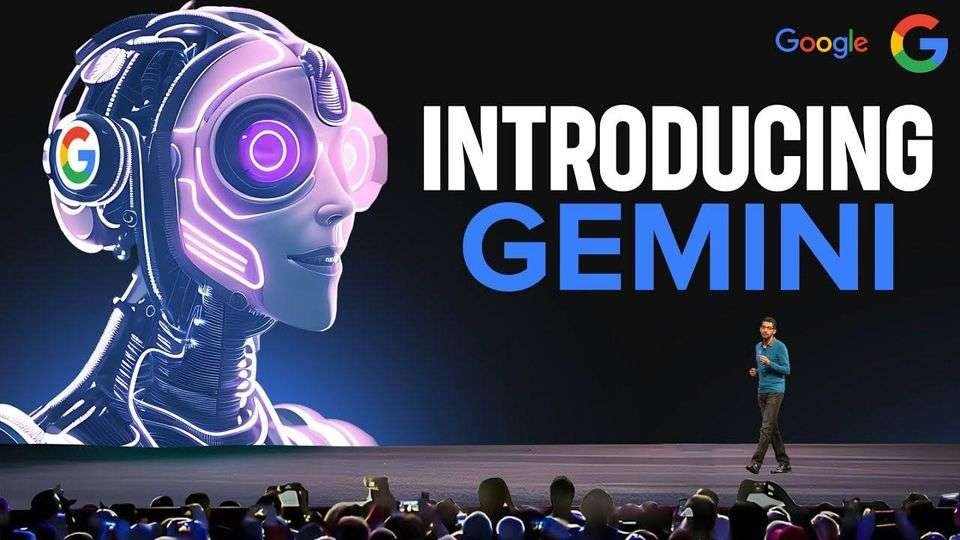
Introduction
The landscape of artificial intelligence (AI) is constantly evolving, with new advancements pushing the boundaries of what’s possible. Google, a frontrunner in this عرصه, recently unveiled its most ambitious AI project yet: Gemini. This groundbreaking model represents a significant leap forward in AI capabilities, promising to usher in a new era of multimodal understanding and interaction.
What is Google Gemini?
At its core, Gemini is a large language model (LLM) unlike any other. Unlike previous LLMs primarily focused on text and code, Gemini boasts true multimodality, seamlessly processing and integrating information across various formats, including text, code, audio, images, and even video. This allows it to grasp the world in a much richer and nuanced way, akin to how humans do.
The Three Faces of Gemini:
Gemini comes in three distinct flavors, each catering to specific needs and deployment scenarios:
- Gemini Ultra: The most powerful iteration, designed for tackling highly complex tasks in data centers.
- Gemini Pro: A versatile middle ground, offering excellent performance across a broad range of applications.
- Gemini Nano: The lightweight champion, optimized for efficient operation on mobile devices and edge computing platforms.

Key Features of Google Gemini
Here are some of the key features that make Gemini stand out:
- Multimodal Understanding: Gemini can not only process but also reason across different modalities, making sense of the relationships between text, images, sounds, and code.
- Flexibility and Scalability: Gemini can be adapted and scaled to run on a wide range of hardware, from powerful cloud servers to resource-constrained smartphones.
- Reasoning and Problem-Solving: Gemini goes beyond simply mimicking patterns. It can leverage its vast knowledge base and multimodal understanding to reason, draw conclusions, and solve problems creatively.
- Generalization and Transfer Learning: Gemini excels at applying its knowledge and skills to new situations and tasks, even those it hasn’t encountered before.
Potential Applications of Google Gemini
The potential applications of Google Gemini are vast and encompass diverse fields, including:
- Education: Personalized learning experiences, intelligent tutoring systems, and interactive educational content creation.
- Healthcare: Medical diagnosis and treatment support, drug discovery, and personalized wellness management.
- Customer Service: Conversational AI assistants, intelligent product recommendations, and real-time customer support.
- Creative Industries: Music composition, video editing, and other forms of creative content generation.
- Scientific Research: Data analysis, hypothesis generation, and scientific discovery acceleration.
Challenges and Limitations
While Google Gemini represents a significant advancement, it’s important to acknowledge the challenges and limitations inherent in such a complex technology. Bias and fairness remain critical concerns in AI development, and Gemini is no exception. Ensuring responsible development and deployment will be crucial to its long-term success. Additionally, ethical considerations terkait with privacy, transparency, and accountability need careful attention.
Conclusion
Google Gemini marks a watershed moment in the evolution of AI. Its multimodal capabilities, flexibility, and reasoning abilities hold immense potential to revolutionize numerous industries and enhance our lives in countless ways. As we move forward, it’s essential to approach this technology with both excitement and caution, ensuring its development and application are guided by ethical principles and a commitment to human well-being.






